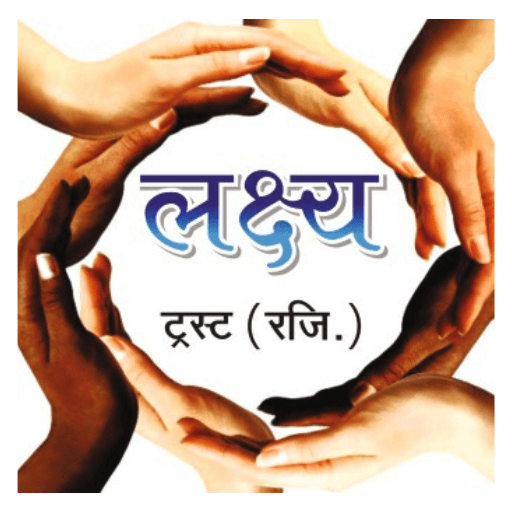Give Life: Become a Cadaver Donor
Your donation can help save lives, advance medical science, and provide hope for many.

What is Cadaver Donation?
One donor can save up to 8 lives, help thousands with tissue donation, and train future doctors. Leave a lasting impact—donate today!

For Organ Transplantation
Organ donation from brain-dead individuals can save lives by providing essential organs to patients in need. Donated organs include: Heart, kidneys, liver, lungs, and tissues like corneas and skin.

For Medical Education
Cadavers are also used in Medical Colleges for teaching human anatomy, surgical techniques, and medical research. This hands-on training is crucial for medical students and professionals.
How to Donate
A Step-by-Step Guide

Register
- Sign up for organ and tissue donation with NOTTO or state-specific registries, either online or at designated centers.

Inform Your Family
- Ensure your family knows your decision to donate your organs or body to respect your wishes.

Consent Process
- For organ donation, document your consent via a donor card, will, or donor registry.
- Your family’s consent is required.

After Death
- Organ donation requires brain death confirmation by medical professionals before harvesting organs for transplant.
Myths vs Facts
| Myths ❌ | Facts ✅ |
|---|---|
| Organ donation is complicated and requires a lot of paperwork. | Organ donation is straightforward, and the consent process can be completed online or at registered centers. |
| Cadaver donation for education is disrespectful. | Cadaver donations for education help train doctors and ensure that they have the necessary skills to save lives. |
| Donating organs means my family won’t be able to have an open-casket funeral. | Organ donation does not affect funeral arrangements; the body is treated with respect. |
Frequently Asked Questions
1. What is cadaver donation?
It is the donation of a deceased person’s body for organ transplantation, medical research, or education.
2. Who can donate their body?
Anyone can pledge to donate, regardless of age or health. Final acceptance depends on medical suitability at the time of death.
3. How can I register for cadaver donation?
You can register through a hospital, medical institution, or an organ donation organization. Informing your family is crucial.
4. Can organ and whole-body donation happen together?
Yes, but only if organs needed for transplantation are removed first. The remaining body can then be used for education and research.
5. Does cadaver donation affect funeral arrangements?
No, the body is handled with respect, and families can still hold memorial services.
6. Is there any cost involved for the donor’s family?
No, donation is free. Medical institutions cover all related costs.
7. Can I donate if I have a medical condition?
Most conditions do not prevent donation, but eligibility is determined at the time of death.
8. How does cadaver donation benefit society?
It saves lives through organ transplants, helps advance medical research, and trains future healthcare professionals.
Cadaver Donation Stories
Some Text Would be here…to be decided later.
Become a Lifesaver Today
You can make a difference by registering today as a donor. It takes just a few minutes, but your decision could help restore sight to someone in need. Your donation could change someone’s life forever.
